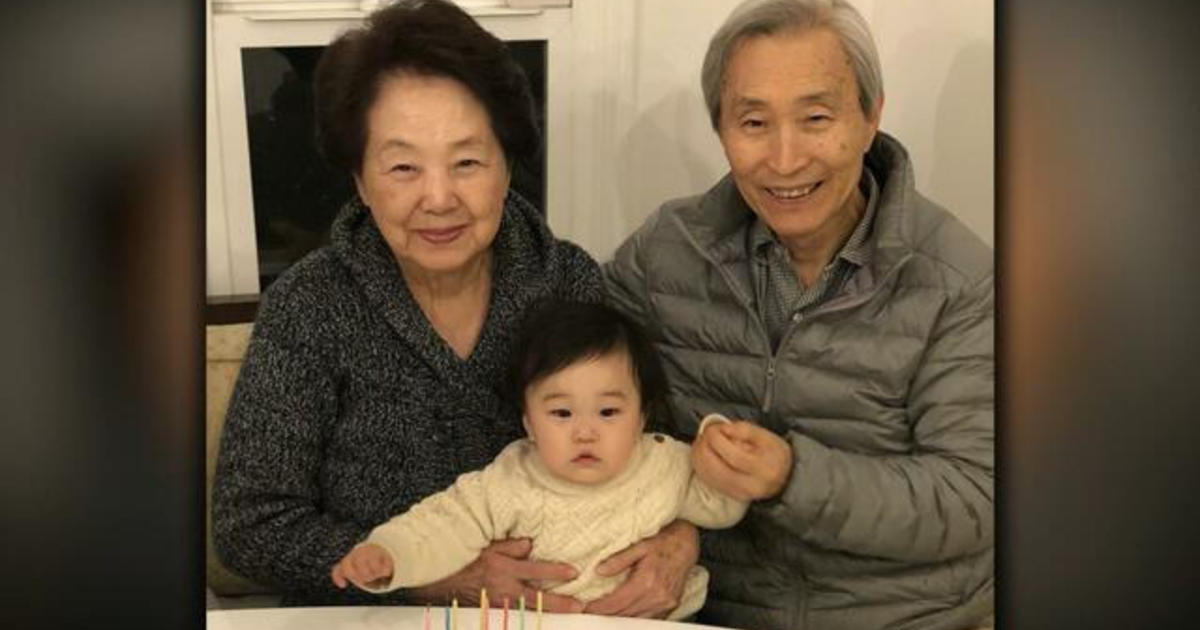CDC recommends children as young as 5 get vaccinated against COVID-19
The CDC issued formal recommendations Tuesday for children as young as 5 years old to get vaccinated against COVID-19, clearing the final regulatory hurdle for younger kids to start receiving Pfizer's vaccine this week.
"Together, with science leading the charge, we have taken another important step forward in our nation's fight against the virus that causes COVID-19," CDC Director Dr. Rochelle Walensky said in a statement. "We know millions of parents are eager to get their children vaccinated and with this decision, we now have recommended that about 28 million children receive a COVID-19 vaccine."
President Biden called it "a turning point in our battle against COVID-19." "It will allow parents to end months of anxious worrying about their kids, and reduce the extent to which children spread the virus to others," he said in a statement.
The White House says millions of vials of Pfizer's lower-dose vaccine formulated for younger children have already begun shipping to health care providers following the Food and Drug Administration's authorization last week.
The decision follows a day-long meeting of the CDC's Advisory Committee on Immunization Practices, or ACIP, which voted unanimously to recommend the shots for younger children.
"We all have a responsibility to make this vaccine available to children and to their parents. We have excellent evidence of efficacy and safety. We have a favorable benefit-risk analysis. And we have many parents out there who really are clamoring and want to have their children vaccinated," Dr. Beth Bell, one of the panel's members, said ahead of the vote.
At 10 micrograms — a third of the 30 microgram dose given to adolescents and adults — Pfizer's vaccine for kids highly effective at triggering antibodies to the virus in clinical trials and more than 90% effective at blocking symptomatic disease.
If younger children are vaccinated at a similar rate as adolescents, CDC modeling suggests some 600,000 cases of the disease could be prevented through March.
"Projections showed that vaccination among 5- through 11-year-olds is expected to accelerate the decline in cases we're currently experiencing, reducing the cumulative incidence expected by 8%," the CDC's Dr. Sara Oliver told the committee.
The Delta variant led to record surges in COVID-19 hospitalizations among younger children this year, the agency's data suggests, despite around 38% of kids potentially having antibodies from surviving a prior infection.
Thousands of children aged 5 to 11 years old have been hospitalized for COVID-19 and 172 have died. Though they are at a far lower risk of severe COVID-19 than adults, many have also faced long-term side effects or complications of the disease.
Much of the panel's discussion focused on weighing the benefits of the vaccine against the potential risk of rare cases of myocarditis, a heart inflammation side effect.
"It's a very important thing to recognize that the very low risk of myocarditis with vaccination pales in comparison to the very high risk for severe heart disease related to COVID and MIS-C," Dr. Matthew Harris of Cohen Children's Medical Center told CBS News.
Overall, Pfizer's clinical trial data suggests younger children will experience fewer side effects than adolescents or young adults. Side effects that did occur, such as fever or redness around where the shot was given, "were mostly mild to moderate, and short lived."
While the exact rate of myocarditis after the vaccine in 5- to 11-year-old children remains unknown, it is rare enough that zero cases turned up in the clinical trial. The CDC's advisers concluded the risk was "likely lower" in younger children than adolescents.
At the request of regulators, Pfizer had looked for safety concerns and side effects in around 3,100 children 5 to 11 who received the 10 microgram doses. That trial is "at the upper end or even beyond" the size typically used to license other vaccines for children, the FDA's Dr. Doran Fink told the committee.
"You can add that to the extensive experience that we've had to date with the vaccine in older age groups as well," Fink said.
For parents on the fence about the shots, health officials are planning an extensive outreach campaign to help educate parents and boost confidence in the vaccine.
A CDC survey found concerns over side effects ranked among the top reasons for parents saying they would not "definitely get" their child vaccinated.
"Our communications experts have done a fantastic job of laying out a plan to make sure we're communicating to key populations, including parents, obviously, but also our providers so that they can then amplify the appropriate messages, and then our partners as well, including health departments, and academics," the CDC's Dr. Kevin Chatham-Stephens told the committee.
Providers and health officials have also been preparing for weeks to meet a potential surge in demand from parents already eager to have their children vaccinated, with up to 15 million doses being shipped out over the next week.
Over half (57%) of parents surveyed by the CDC said they would "definitely" or "probably" get their child vaccinated, officials told the committee. Most parents said they were hoping to get their 5- to 11-year-old child vaccinated at their regular doctor's office or clinic.
Once the rollout begins, parents will be able to find a vaccination site near them on the website vaccines.gov. The vaccinations for children will be free.
Vaccinators have undergone new training for handling and preparing Pfizer's new kid-sized doses. Jurisdictions and providers have been updating their IT systems to prepare for scheduling and tracking the new shots.
"Logistically where the vaccine is going has already been mapped out for the first week, and those providers who are receiving the vaccine are approved and enrolled providers. They should have already completed the training and are familiar with the vaccine packaging and know how to handle it," says Claire Hannan, executive director of the Association of Immunization Managers.
CDC officials told the panel that many jurisdictions anticipate pediatricians will likely handle most vaccinations for younger children, more than temporary mass vaccination sites or clinics set up at schools.
"Doing all of this behind-the-scenes work has been going on for months," Hannan says.



